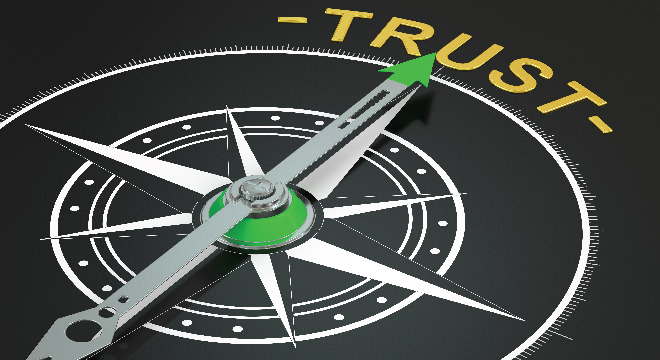Ground Truth, Transparency and Trust

As truth comes into question, trust becomes ever more essential.
Information technologies are expanding the boundaries of media, pervading our environments, our systems,and our daily lives. Content is ever more fluid and malleable. Algorithms increasingly intermediate between people and data. Trust is fragile around the world.
HELP SHAPE THE FUTURE
Contact mediaX at Stanford University
On May 8th, mediaX will host a conference at Stanford University focusing on…
Transparency and Trust in a Society of Bots
mediaX at Stanford University explores ground truth, transparency and trust in a world of automated intelligent agents, algorithm-driven interactions and machines that can learn what humans can’t explain. Our work builds on 15 years of discovery collaborations between industry and academia on the evolving relationship between people and information technologies.
mediaX Members leverage Stanford thought leadership on targeted, edge questions.
mediaX Research Themes explore how the thoughtful use of technology will impact the interactions, collaborations, products, and industries of tomorrow.
Topics include:
·Transformations to content ranging from machine learning to psychology of media use
·Management of digital traces, personal data and digital identities
·Human interaction with machines and environments including sensors, robotics, AI, personal devices, smart buildings, smart systems, augmented decision-making, etc.
·Technologies for learning including lifelong and life-wide education,analytics, assessments, active agents, AR/VR, etc.
·The future of work including productivity, collaboration with robots and AI, agile teamwork, gamification, & professional development
·Technologies for behavior change and wellness
Previous mediaX research projects have asked:
1) What if we could use big data to understand the psychology behind media use?
2) What if the power of narrative could be harnessed to improve our behavior?
3) What if our physical environments understood our needs?
4) What if we could foster critical thinking skills by empowering students to create their own interactive history books?
5) What if machines could motivate learning by actively engaging with their students?
6) What if we could improve collaboration and creativity by capturing knowledge as it develops?
This year, we are turning our lens to explore the role of Ground Truth, Transparency and Trust in the relationship between people and technology.
HELP SHAPE THE FUTURE
Contact Karina Alexanyan for Opportunities for Research, Membership and Conference Support.